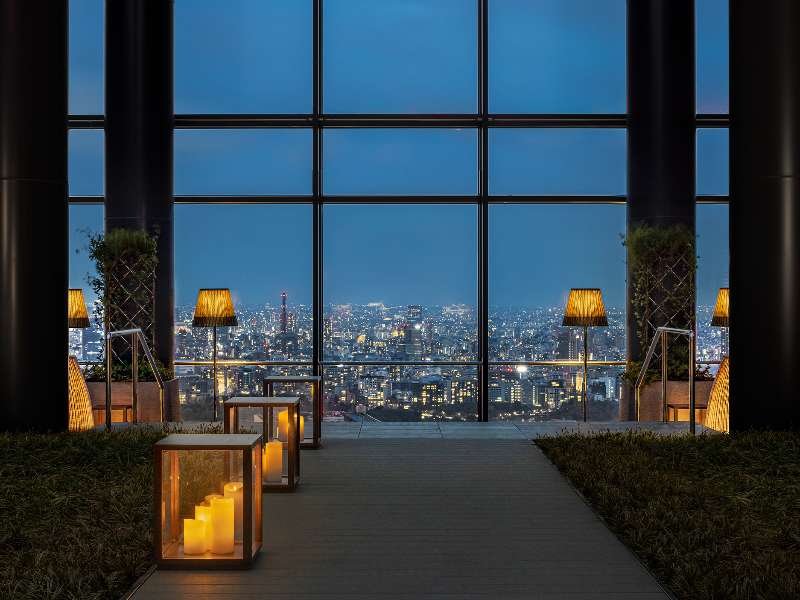تعرف على حرفيي وسط المدينة
جولة في أروقة الفن المعاصر
مرشد خاص لسوق السمك
التسوق الشخصي
جولة ثقافية في طوكيو
تجربة غولف حصرية
عروض حصرية
معرض الصور
ما الجديد
Festive Season
An Emperor's Jewel
لمحة عن ’بولغري‘














.jpg/jcr%3Acontent)

-(1).jpg/jcr%3Acontent)





